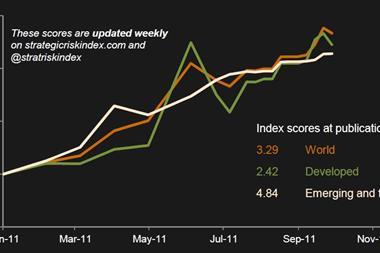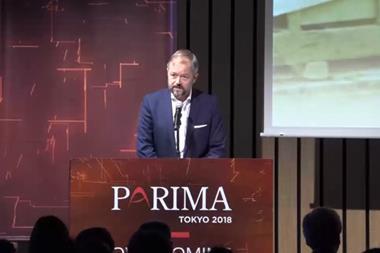Limits on capacity and threat to insurer security have raised many concerns for risk managers

Risk managers have raised concerns about the controversial regulations 225 and 232
The Federation of European Risk Management Associations (Ferma) urged Brazilian insurance regulator SUSEP to limit the impact of controversial regulations 225 and 232, which require 40% of insurance contracts to be placed locally.
Resolutions 225 and 232, implemented earlier this year, require that at least 40% of every cession is placed with local reinsurers registered in Brazil. They also set a 20% limit on inter-group operations.
Ferma has campaigned to relax the regulations on behalf of its European multinational members. The recommendations were sent out on November 10 following an offer from SUSEP to open discussions about the highly criticised measures.
Ferma urged SUSEP to eliminate or redesign the 20% limit on inter-group operations. The Federation further specified that it wants to see a five to ten day limit for reinsurers classed as local to accept or refuse a 40% cession.
That the 40% cession to Brazil’s eight local reinsurers will remain is accepted, but Ferma’s members requested that this should be on a “prompt first refusal basis to avoid unexpected changes in terms and conditions”.
Jorge Luzzi, president of Ferma, made the case in a letter to SUSEP, saying that the possible limits on capacity and threat to insurer security posed by the regulations has raised many concerns from risk managers.
“The 20% limit on inter-group cessions could be very risky,” said Luzzi. “If reinsurance which cannot be ceded to group companies goes straight into the international market, where similar risks are placed, there will be extra costs. These are likely to be passed on to the insurance buyer and there is the possibility of losing the mutuality concept.”
FERMA appealed to SUSEP to let insurers have responsibility for claims negotiation and settlement because the “relationship must be between the insurance buyer and the insurer”, said Luzzi.




















No comments yet